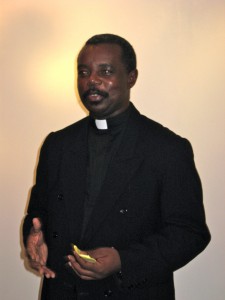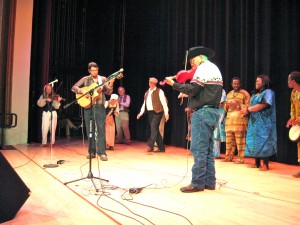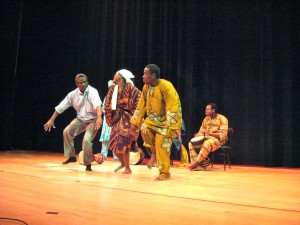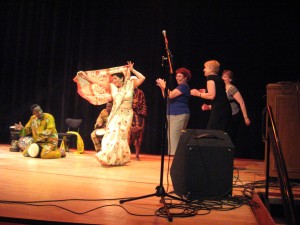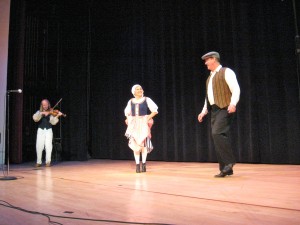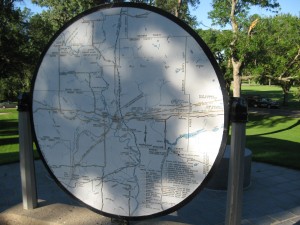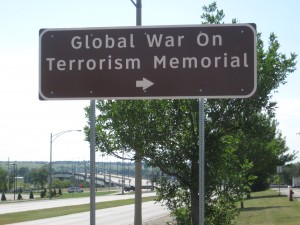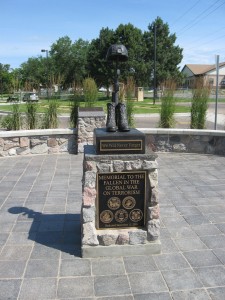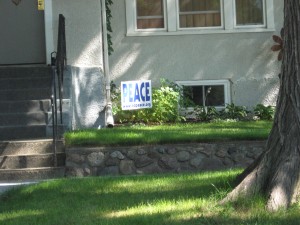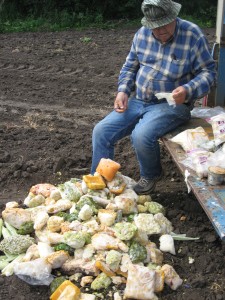#213 -Dick Bernard: Have they no shame?
Most of my working career I represented public school teachers in union matters like negotiations and grievance processing. It was a powerful learning experience in realism. Ideals collided with unpleasant realities. Even people on the same side of an issue were frequently in conflict about how to approach the problem. My world was full of shades of gray, created by people on sides who were sure that they were right, and the other wrong. I learned lots of lessons with ‘boots on the ground’ in those 27 years. It was a invaluable experience.
I also learned the tactics of the black art of advocacy communication, particularly how to sift a grain of truth out of a mound of – shall I say – BS. Advocates were trained in how to mislead by seeming to be sincere and truthful; they learned how people in authority escape and evade accountability by saying nothing at all…at least nothing with a paper trail.
Nonetheless, I was ill-prepared for the slap in the face of the middle class and working people generally that I saw in Bob Herbert’s column in the July 31, 2010, New York Times. The column speaks profoundly for itself. I hope you read it and really think about it.
The gist of the column: the recession as measured by economists has been over for a year; American business is bloated with Profit, but in no hurry to put its employees back to work, helping to alleviate unemployment; nor to bring back middle class wages; or to allow the re-enablement of the abundant benefits of good government. The worst crisis since the Great Depression is being exploited as an economic opportunity.
Why?
These are days of sophisticated communication – and mis-communication, and non-communication – so any theory advanced by some peasant like myself can and will be denied. Even “smoking guns” can be denied, plausibly, by the smooth pitch-people for business and industry. Communication – and non-Communication – techniques are highly refined.
But let me pose a possibility in this particular outrage as outlined in Mr. Herbert’s column:
A key to restoring American confidence in its recovery is more people at work, particularly in well-paying jobs. It is private or public sector employers who need to put these people back to work. No job. No work.
More people at work should be a no-brainer, since business depends on people who have money to spend. But American big business, especially, is chafing at any sense of loss experienced at the hands of a new American political administration. This “loss” comes in the face of re-regulation after many years experience with the unmitigated disaster of de-regulation. The titans had their chance at a de-regulated environment, and failed miserably.
Their loss comes coincident with the need to re-tool industry practices to make possible new approaches to other looming catastrophes like traditional energy depletion, climate change, etc. Business has no problem with these things, and likely knows the implications of doing nothing, but will not move to support these changes until it is in a position to control the policy and corner the profits.
The key to regaining complete political control is seen as keeping common people angry – against the very government they depend on. The very people big business relies on to feed this anger are the very people it is cynically keeping out of the work force for political advantage. They will be relied on, in a few months, to vote the “in’s” out, and bring back in power the very people who caused the catastrophe in the first place.
Read the article, and give it some serious thought.
No one in the big business world is going to be caught dead saying that Economic Depression is good for Profit. But the data is pretty troubling.
In the long run, we will all, including Big Business, sink in our own excess. But not to worry…we will probably be dead before that happens, and other people down the line – our children and grandchildren – will pay the price.
We are, truly, “spending our kids inheritance”.
We ought to be ashamed, the “fat cats” especially so.

